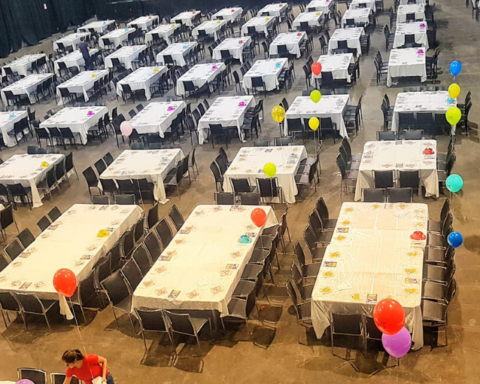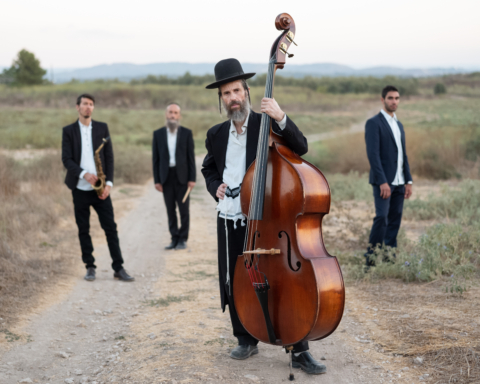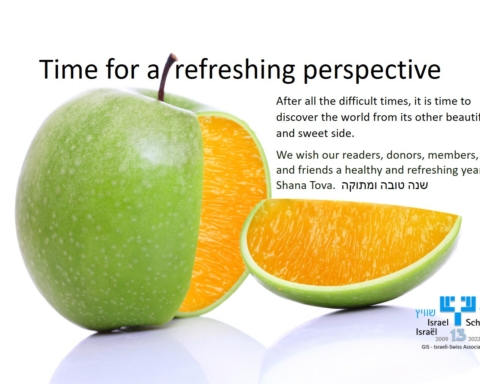Immigration to Israel is traditionally associated with Jews abroad. However, more and more non-Jewish people move to Israel – for love, for work or even simply out of passion for the country. Yet, in comparison to Jewish immigrants they are much less supported by the governmental immigration offices. We talked to four non-Jewish, German-speaking immigrants about their experiences in the new country…
‘Are you Jewish?’
‚ I had the impression that I was way happier to finally get to know Israel than Israel was to get to know me, ‘ remembers author and journalist Sarah Stricker. She first came with a group of journalists in 2008. ‘Back then, people wondered why I studied Hebrew. The second question was, if I am Jewish. After I declined, they inquired what I am actually doing here. In addition, we heard over the course of our program again and again why the country has to remain Jewish –so I didn’t know how I could fit in.’
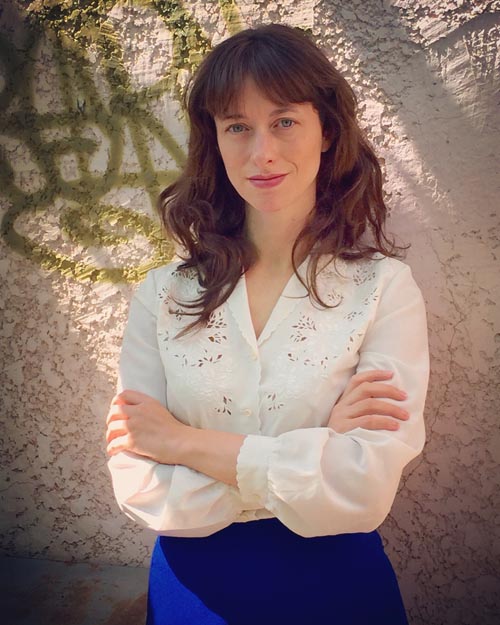
Over time this changed for the 35-year old Sarah. She was awarded a journalistic scholarship and moved to Israel in 2009. Nowadays she knows that Israelis are curious by nature and anything but shy to ask intimate questions. More so, many people seem to be impressed by her story. ‘Many Israelis can’t understand why people would want to live here when they have the chance to be in Berlin. As result, they are amazed that I live in Israel even though I am not Jewish.”
Whys & Ways
There are plenty of personal reasons to move to Israel without Jewish background. Many expats who joined the popular Facebook group „Swiss, Germans and Austrians living in Israel“ followed the path of love. This is particularly true for Tel Aviv, where you find many ‘import brides’ studying Hebrew at the language schools. However, it seems that much more females make their way to Israel than males – a personal estimation is five women to one man.
Much more exciting
However, being in love with a local can go in line with wearing rose-tinted glasses for the whole country. ‘If you are madly in love you don’t even realise that not everything is golden,” says Swiss-born Samuel Suter. He moved to Tel Aviv in October 2011 for his Israeli wife Gabi.
However, he also criticizes Israel, particularly when it comes to social politics and the Middle East conflict. He however has found his niche and works successfully as communication consultant and is now father of a little son.
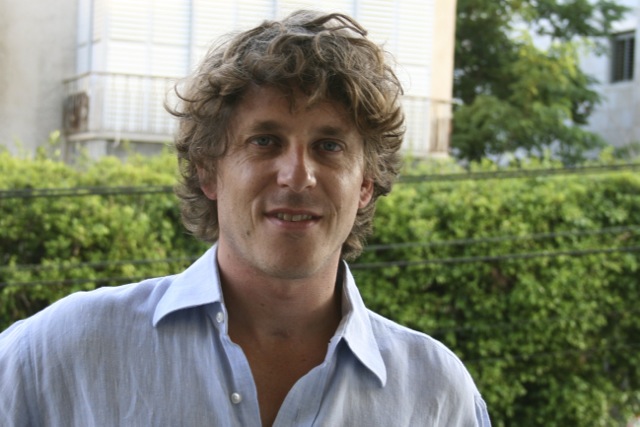
Tough life
Yet, not every immigration story concludes with a happy end. Israel is not Tel Aviv and even in the metropolis, life is fairly different from Europe. These differences can be tough on Jewish and non-Jewish immigrants. Rebecca Sarel lived three years in Israel before she moved back to Frankfurt. Despite converting and getting married, she wasn’t happy. ‘I tried so hard to integrate into the Israeli society; I even became more patriotic than my husband at times. But it didn’t work out, the mentality is very different. For me, as a rather shy and introverted person, it was hard to yell in order to get what you want. I sometimes felt as if I am in a mental hospital, and people didn’t take me seriously. I was literally run over and pushed aside.”
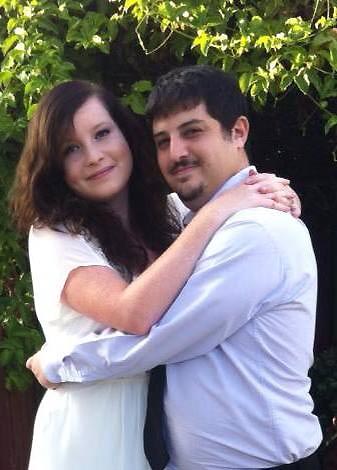
In the end Rebecca didn’t even feel like going to a supermarket anymore. Even though she whole-heartedly wanted to live in Israel and become part of the country – eventually she felt just lonely. As result, she started comparing lives in Israel and Germany – and longed for the uncomplicated life abroad, without rocket alarms or wars.
Expert visa for a new life
Another non-Jewish immigrant in Tel Aviv is Swiss restaurant owner Christian Bindella. Initially he came to study– and didn’t feel like leaving any more. He was granted an expert visa and opened a restaurant. ‘I agree, Israelis have sometimes less tact, but still, I do feel I fit in here.’ This said, the 31-year old doesn’t yet know if he wants to stay for his whole life. However, for now, he enjoys the city, the night life and the outstanding food – besides the weather. By the way, this is an aspect all immigrants agree on: 320 sunny days are a priceless asset!
By Katharina Höftmann / English by Jennifer Bligh
Helpful Links



